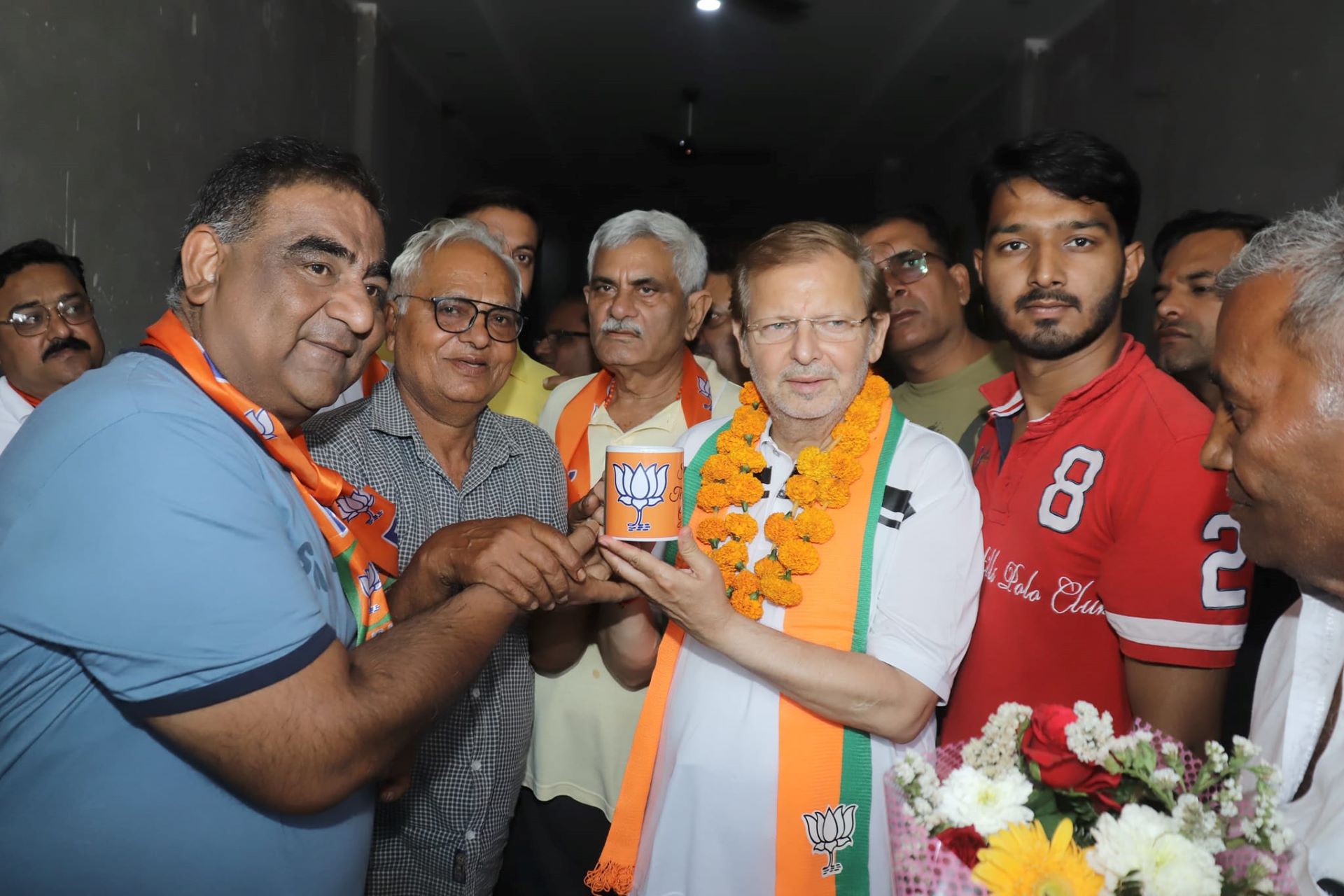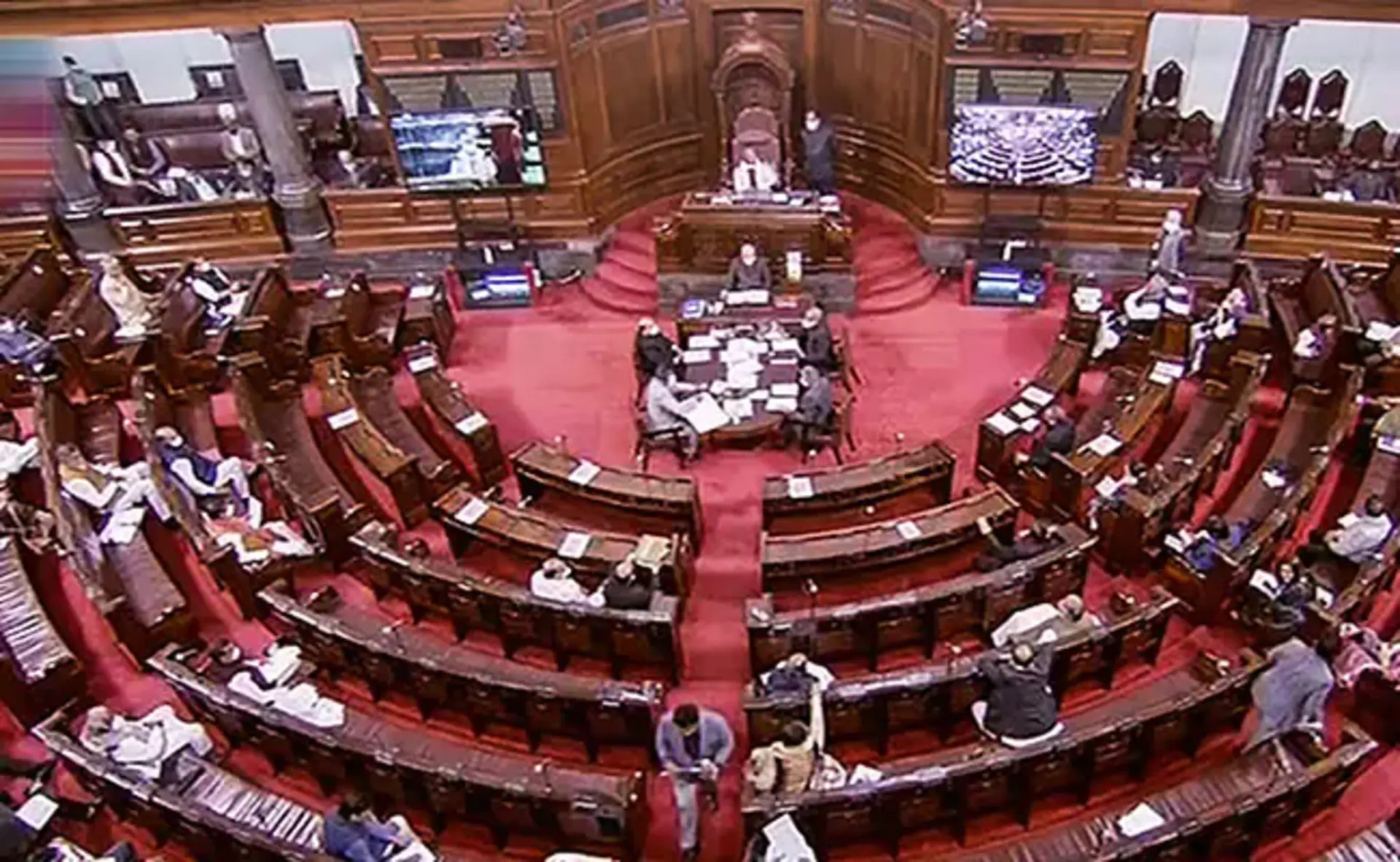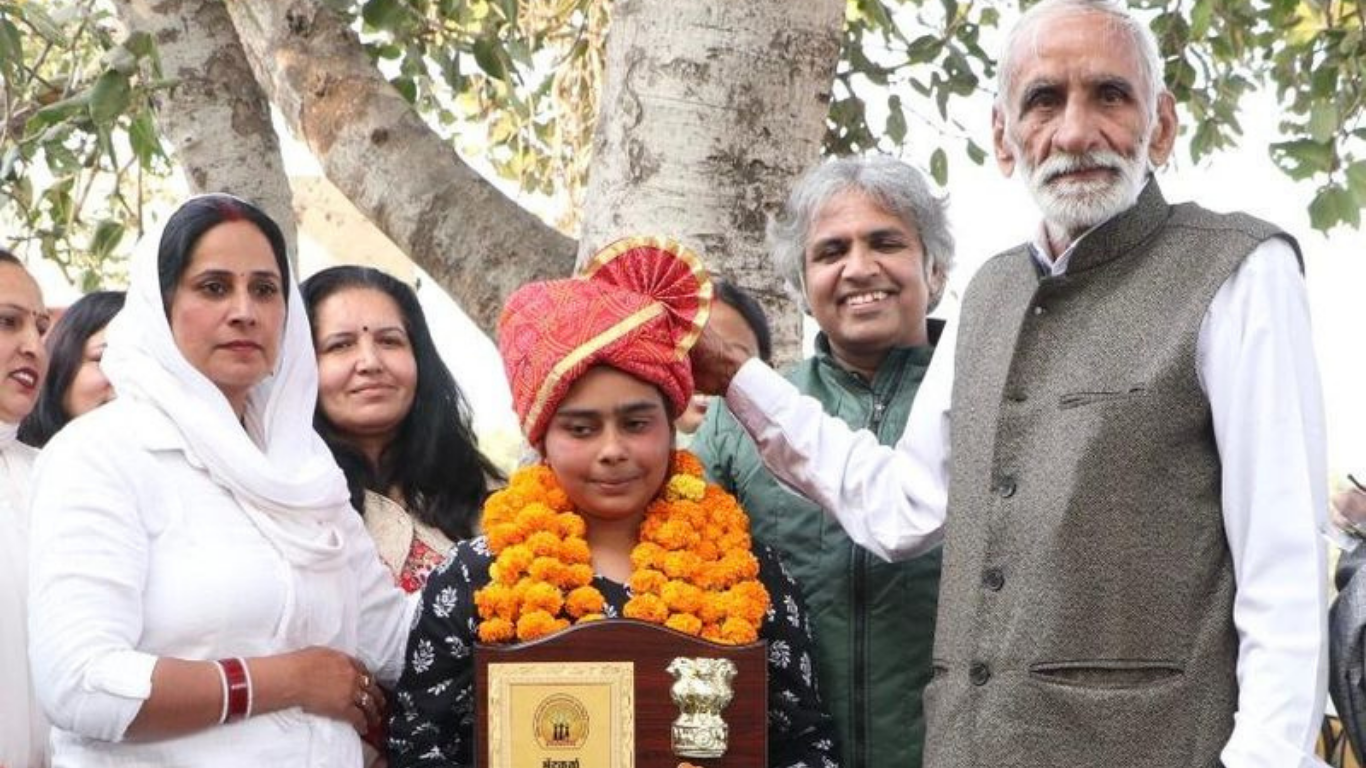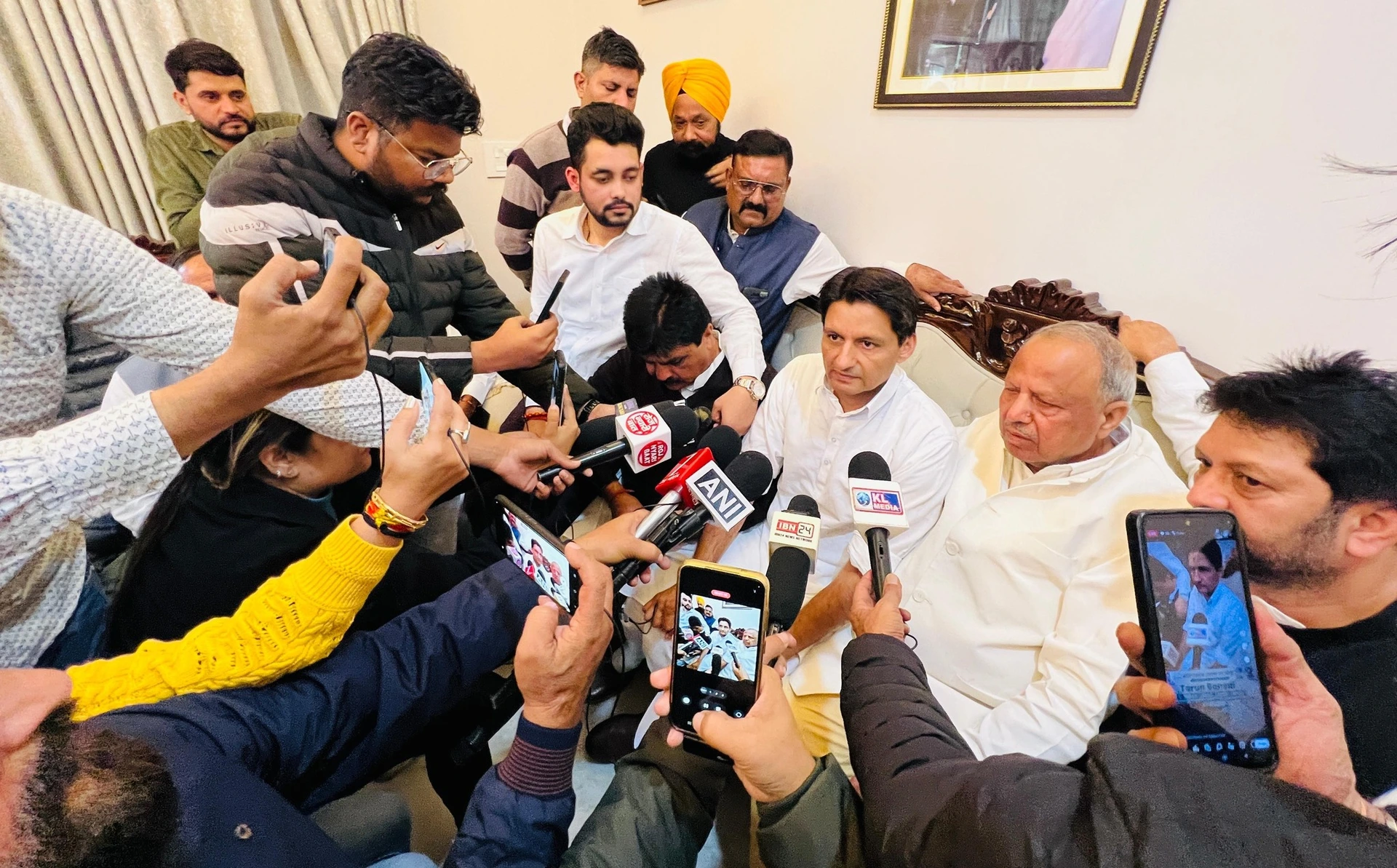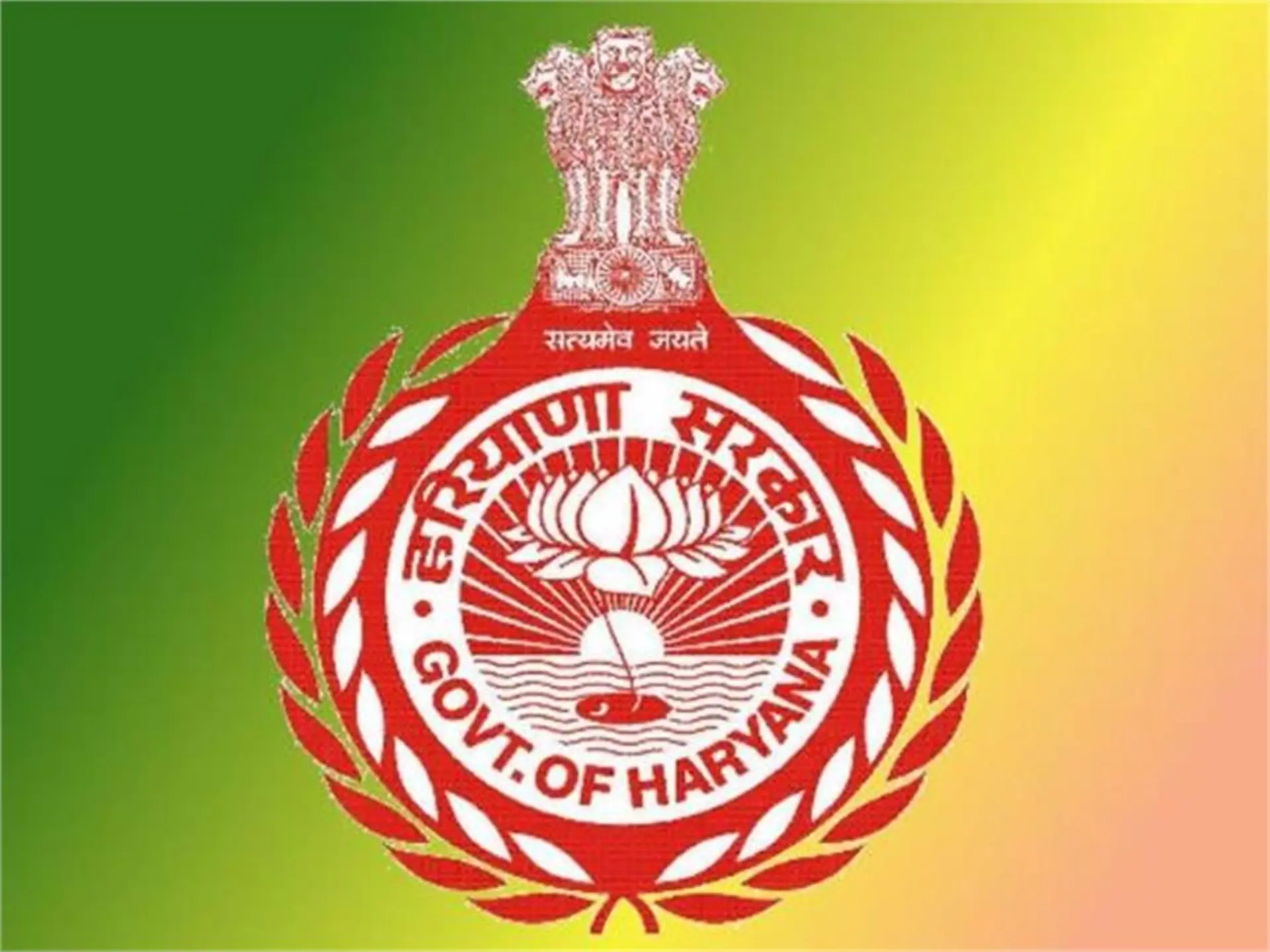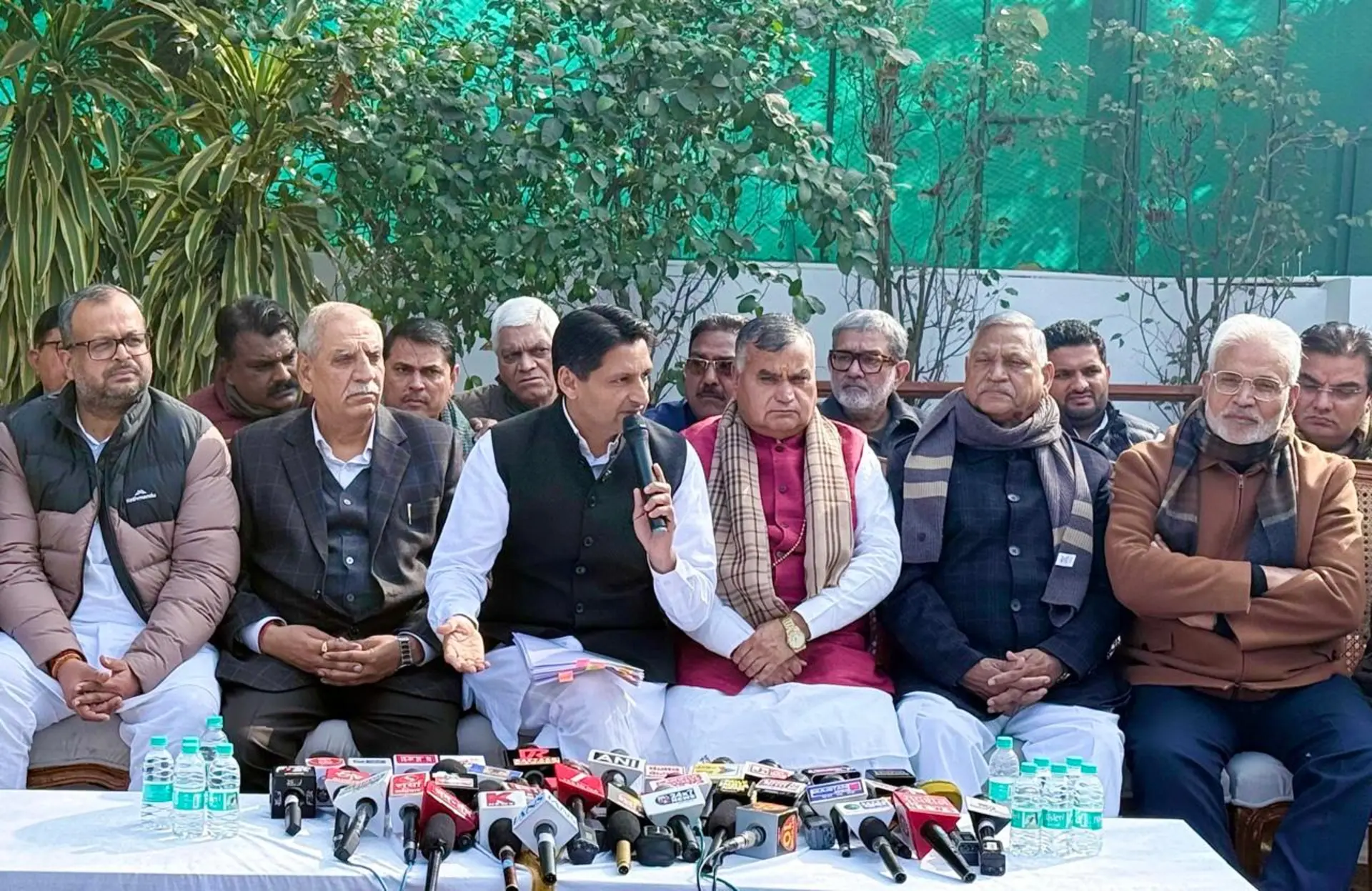
The Bharatiya Janata Party (BJP), which has often criticized the Congress for its internal rifts and factionalism, is now facing a similar situation within its own ranks. In the aftermath of the recently concluded Lok Sabha elections, where the party faced unexpected setbacks, allegations of sabotage and blame games have surfaced, exposing the party's internal divisions.
One of the most vocal critics is the Congress candidate from the Bhiwani-Mahendragarh seat, Rao Dan Singh, who lost to the BJP candidate. Singh has alleged that his defeat was due to sabotage by some party leaders, a matter he claims to have brought to the attention of the party's high command for appropriate action. Interestingly, he admitted to his own shortcomings contributing to his poor performance in his home Assembly segment of Mahendragarh.
The infighting within the BJP is not limited to a single constituency. In Sonepat, the party's candidate Mohan Lal Badauli has also raised concerns about internal sabotage, while in Gurugram, the winning margin of Rao Inderjit Singh was significantly reduced, prompting speculation about internal challenges. However, the most vocal camp seems to be that of Dr. Arvind Sharma, the BJP's Rohtak candidate, who lost the election. Sharma's wife has expressed displeasure with the role played by a former state minister during the campaigning process, venting her frustrations on a WhatsApp group of party workers.
Countering these allegations, local BJP leaders argue that Sharma's own conduct and lacklustre performance as an MP were the primary reasons for his defeat, rather than any alleged lack of support from within the party ranks.
While the BJP has been quick to point fingers at the Congress for its internal divisions, the party's own house appears to be in disarray following the Lok Sabha poll results. As one political observer noted, "It is very easy to blame others for poor election results. However, those blaming others for their defeat should introspect on their own conduct and performance instead of looking for scapegoats."
The extent of factionalism within the BJP remains a subject of debate. While some argue that the party's strong national leadership has kept such divisions in check, others suggest that infighting is an inevitable reality in all political parties, with the Congress appearing more vulnerable due to its weakened national leadership in recent times.
As the BJP engaged with the fallout of its electoral setbacks, the internal conflists and finger-pointing among its ranks have exposed the party's vulnerability to the same challenges it has long criticized its opponents for. Whether the party can overcome these divisions and present a united front remains to be seen, but the cracks within its ranks have undoubtedly been laid bare for all to witness.



